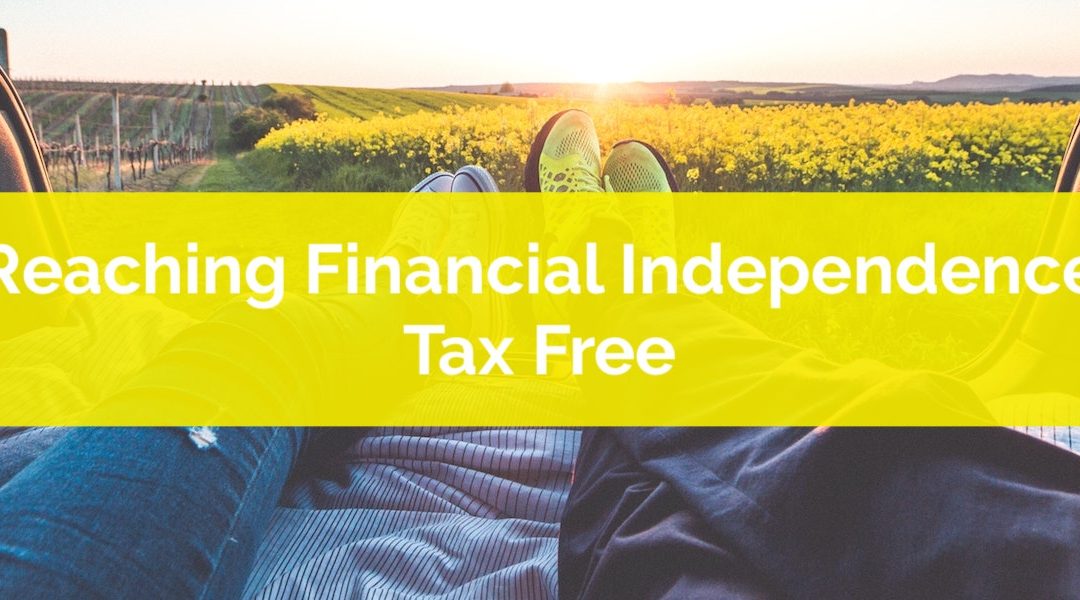
by Owen | Jul 23, 2018 | Financial Goals, Investment Planning, Retirement Planning, Tax Planning
Financial independence is a goal for many people. Financial independence is when work becomes optional. It’s when your investments are large enough to support your annual spending indefinitely, without the need for employment income. Reaching financial independence frees you from the typical work/money/time equation. When you reach financial independence you no longer have to trade your time for money.
How much you need to reach financial independence is different for everyone, but the quick and most common metric is 25 times your annual spending. Once you reach this level of savings and investments (not including your home) you can withdraw 4% of your portfolio indefinitely. With the right portfolio your investments will grow enough each year to pay you 4% of the original principal and still keep up with inflation.
Taxes are obviously a big consideration when growing your investments. Tax free growth allows your investments to grow faster and lets you hit your goals earlier.
In Canada we have two main accounts that provide tax free growth, the TFSA and RRSP. With the TFSA you pay tax now but don’t pay tax later. With the RRSP you don’t pay tax now, but you do pay tax later. Regardless of when you pay the tax, the investment growth within an RRSP or a TFSA is tax free. Using your TFSA and your RRSP to its full potential means you can hit financial independence much faster.
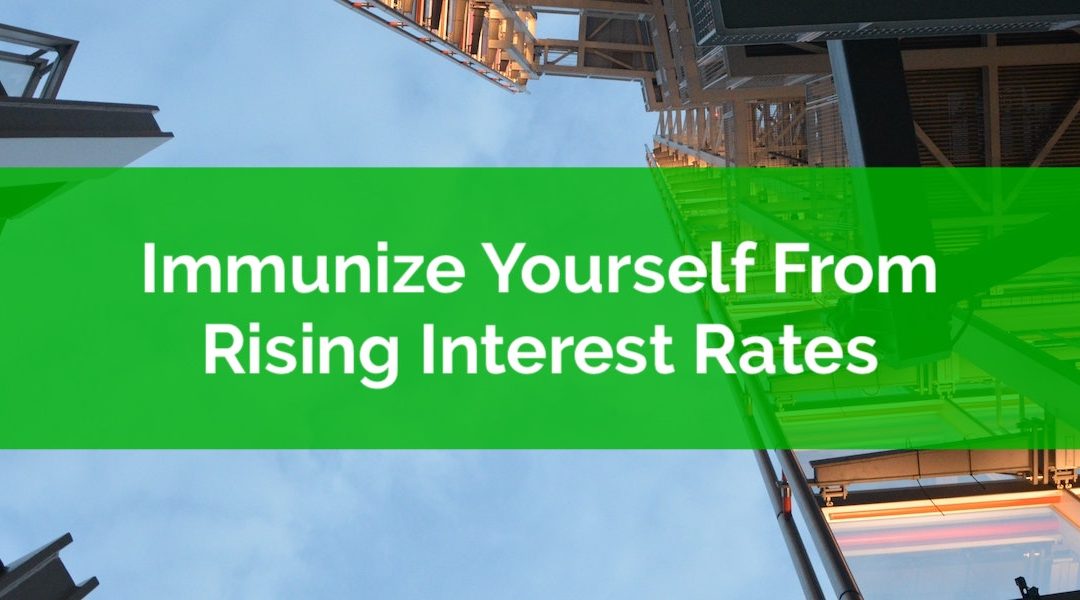
by Owen | Jul 16, 2018 | Budgeting, Buying A Home, Financial Planning
Interest rates are going up and that’s putting a squeeze on anyone with debt. Whether it’s a mortgage, student loans, or a line of credit, you’re about to feel the sting of higher rates. We’ve had unprecedentedly low rates for almost 10 years now and forecasters have repeatedly called for higher rates, and it seems that they’re finally right.
The Bank of Canada just increased their rate again making this the 4th increase in the last 12 months. That increase means we’re being charged an extra 1% interest on variable rate debt versus last year. It also means any we’ll be charged an extra 1% on any new fixed rate debt. On a $350,000 mortgage that’s an extra $3,500 per year in interest charges or about $300 per month!
Rising interest rates impact all kinds of financial products. Variable rate mortgages, new fixed rate mortgages, lines of credit, home equity lines of credit and of course, student loans too.
Not only are we paying more for our current debt but rising interest rates also make it more difficult to qualify for a new debt too. Higher rates will decrease the amount of money you’re qualified to borrow. A household earning 80,000 per year will see their home buying budget decrease by $28,000.
There are a few strategies you can use to immunize yourself from the impact of higher rates, at least for a short period of time. From a few months, to a few years, to a decade, these strategies can help you avoid the sting of rising rates.
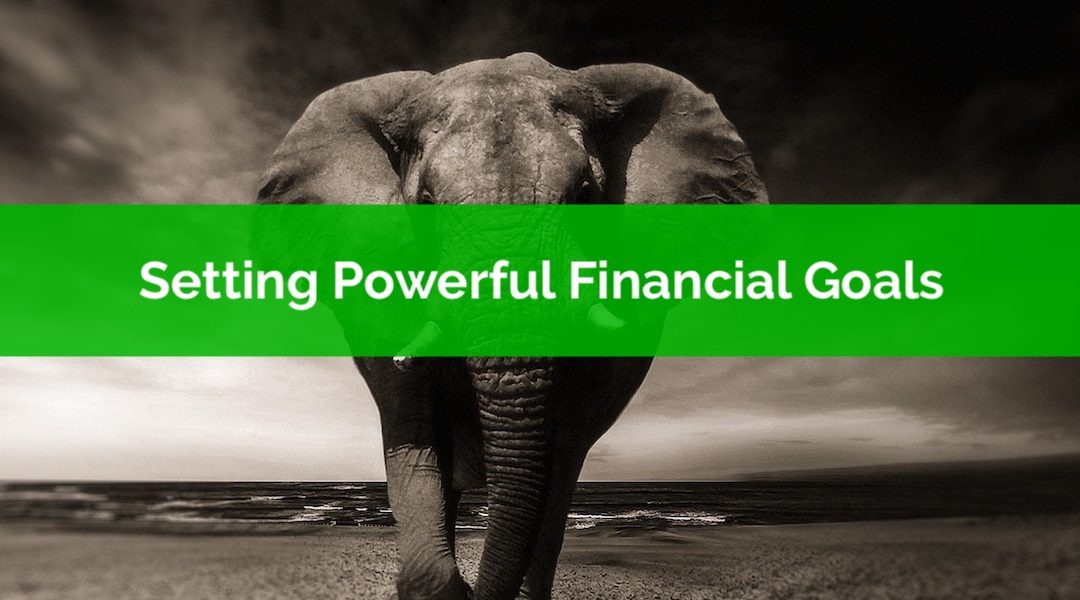
by Owen | Jun 11, 2018 | Behavioral Finance, Financial Goals
The problem with financial goals is that they’re not very tangible. They’re just numbers, they take time, they seem impossibly huge.
When it comes to intangible financial goals it’s very easy to push those goals onto your “future self”.
“That’s not something “Owen of Today” needs to worry about, “Owen of The Future” can figure it out.”
When making money decisions there’s always a bit of tension between your “present self” and your “future self”.
“Owen of Today” wants to make today the best day possible and doesn’t care much about the future, while “Owen of The Future” wants to think about the future, even if that means sacrificing a bit today.
“Owen of Today” wants to buy a motorcycle and ride around the countryside all afternoon, but “Owen of The Future” says we need to save for financial independence, RESPs, and a new roof.
Which version of myself wins? It all comes down to how well I’ve set my goals. Without a powerful financial goal “Owen of Today” will win every time, and that’s not very healthy.
Sometimes “Owen of Today” needs to win, and sometimes “Owen of The Future” needs to win, obviously there needs to be a balance. But without a powerful financial goal “Owen of Today” will win every… single… time…
Setting a powerful financial goal can make all the difference. Setting a POWERFUL financial goal helps you easily weigh decisions between your “current self” and your “future self”.

by Owen | Mar 19, 2018 | Buying A Home, Down Payment
Mortgage insurance is one of those things that most first-time home buyers run into when buying a home. Unless you’re lucky enough to save up a 20% down payment you probably need to get mortgage insurance on your home.
So, what is mortgage insurance exactly? And why do you need it?
Mortgage insurance is a requirement for all homes with under 20% down payment (Some banks even require it for down payments of 20%+. But in those cases it’s the bank making that decision, it’s not actually mandatory).
Mortgage insurance helps protect the lender in case you default on your mortgage. It’s a way to provide stability to the housing market. The largest provider of mortgage insurance is the CMHC, a federally backed agency. This means that the federal government is essentially backing the Canadian housing market, and this adds a lot of stability for buyers, sellers and lenders.
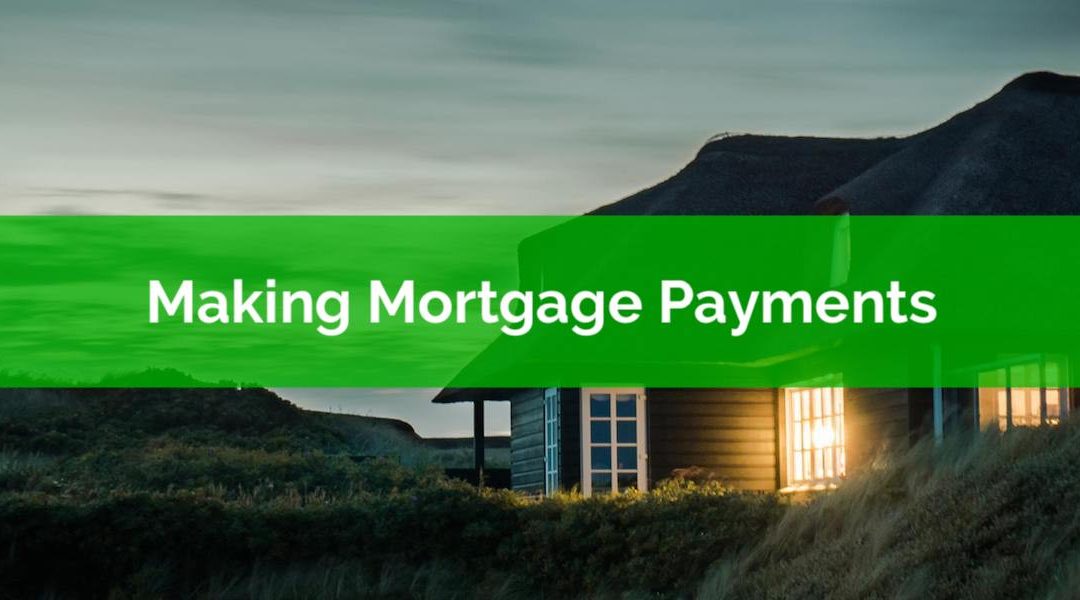
by Owen | Mar 12, 2018 | Buying A Home, Pay Off Mortgage
Getting a mortgage for the first time can lead to all kinds of questions… one of those questions might be “how to do repay my mortgage?” or maybe you’re wondering “how do I make mortgage payments?”.
As a first-time home buyer you probably have no experience with mortgage payments, and you probably have a few questions. Sure, maybe you overheard your parents talk about their mortgage, or maybe you have a few friends with mortgage payments already, but if you’ve never had a mortgage yourself, you’re probably wondering how you make payments.
By comparison paying rent seems easy. When you’re a renter you sign a lease, hand over some checks, and the money comes out of your bank account each month. Pretty simple right?
But there is something about a mortgage that makes the whole thing seem a bit more daunting.
Things get even more confusing when you realize there are different types of payments. You have regular mortgage payments, top-up payments, and lump sum payments. You can also choose the frequency of payments, monthly, semi-monthly, bi-weekly etc.
Often these are things you’ll need to consider before signing your mortgage contract.
In this post, we’ll cover some of the different types of payments, fees you may face if you break your mortgage and some tips for changing payment dates and payment frequency.
This is good information to know before you sign your mortgage contract.
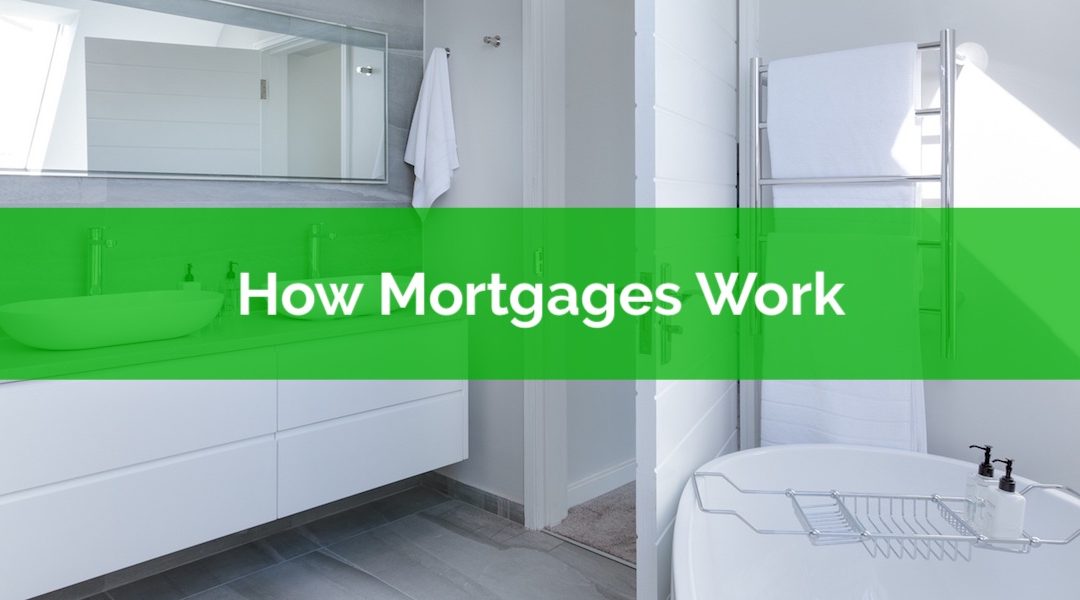
by Owen | Mar 5, 2018 | Buying A Home
Buying a home is a HUGE decision. Not only is it a lot of money, but there are multiple contracts to sign, and multiple people/parties involved. It’s a lot of responsibility. Plus, it’s a decision many of us will make before our 30th birthday.
One of the contracts you’ll need to sign as a first-time home buyer is a mortgage contract.
Signing a piece of paper and getting $100,000’s in return can be a surreal experience. Often, you’ll only put up a small fraction of the purchase price yourself and the rest will come from the bank. You put up $20,000 and they give you an additional $380,000 to go buy a house. Crazy!
As a first-time home buyer, it can be a nerve-wracking to take on all that debt.
Before signing a mortgage contract it’s a good idea to understand the basics of how a mortgage works. How much your payments will be. When your payments will occur. And probably most important, how much of your payment goes towards your loan.
Page 24 of 27«...2223242526...»






